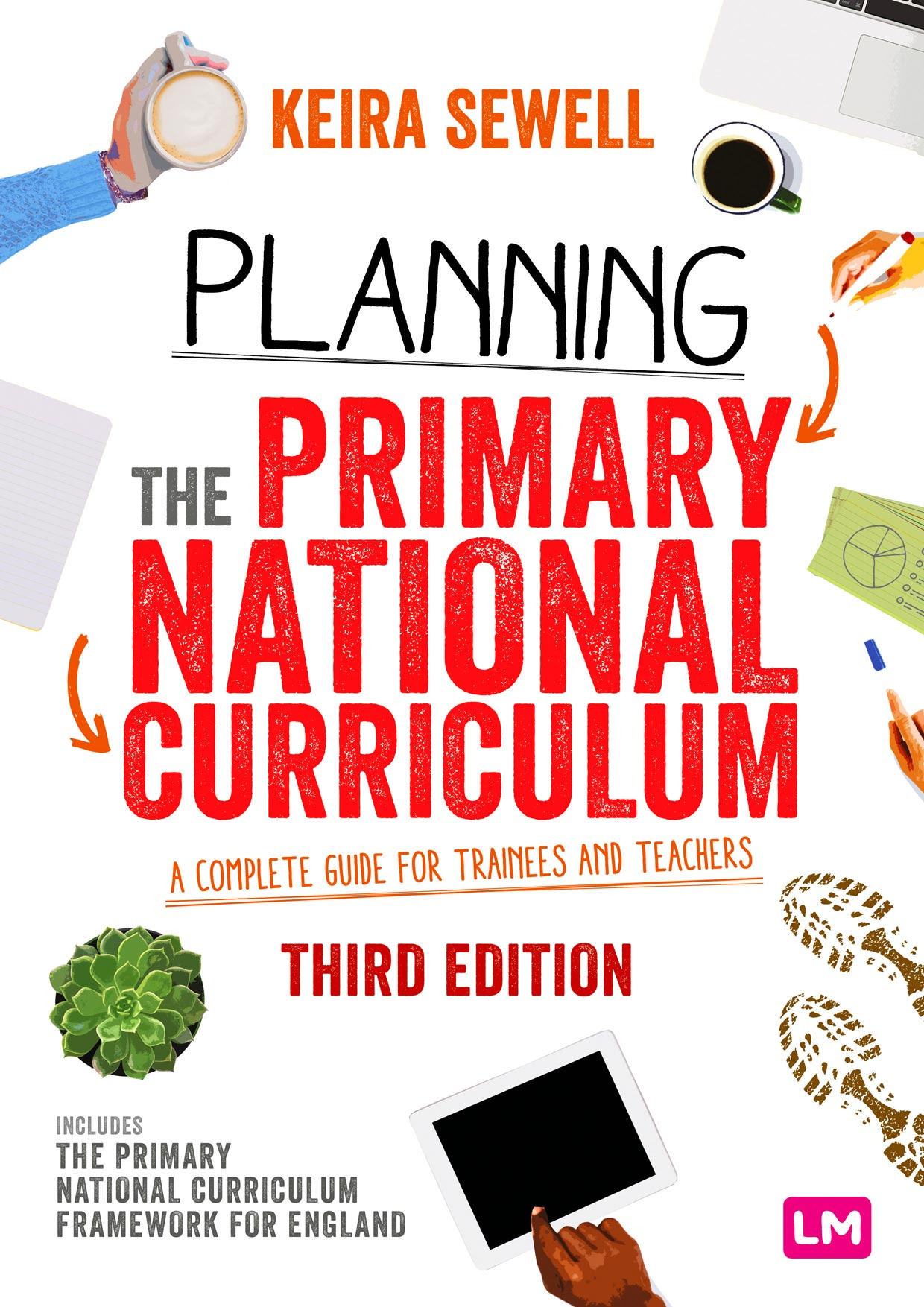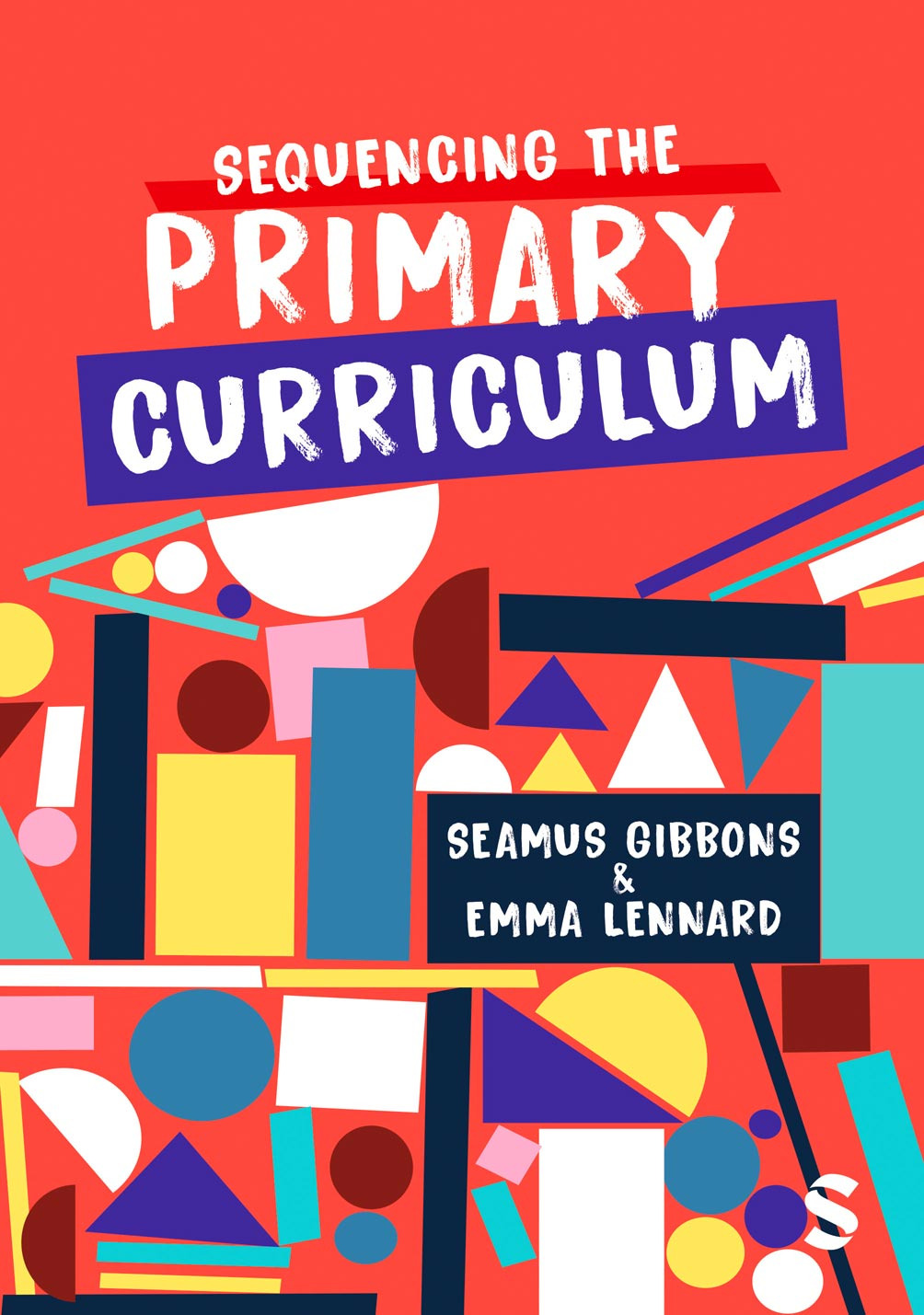You are in: Asia
Change location
You are here
Decolonising the Primary Curriculum
How to create an inclusive curriculum
When we talk about decolonising the curriculum, we're referring to the act of questioning and breaking down the Eurocentric biases that are often present in educational materials and teaching methods. It's all about making learning more inclusive and fair, acknowledging and appreciating the diverse cultural experiences, histories, and knowledge out there. Rather than sticking to a single narrative, decolonising the curriculum pushes for a wider range of perspectives and voices, helping students to think critically about the world.
Why is this important for trainee teachers? Well, it gives you the chance to see the complex ways historical events and power imbalances still shape education today. By embracing decolonisation, systemic inequalities can be challenged, silenced voices can be heard, and a more rounded, inclusive education can be given to your students. This doesn't just make students feel included and empowered, but it also gives them the skills they need to thrive in a diverse, interconnected world.
Decolonising the curriculum isn't a one-time thing, it's a journey that requires ongoing reflection and action. To help you begin this journey, we've collated some free sample chapters on diversity and decolonisation, so that you can feel confident in creating an inclusive and fair classroom.
The teaching of history as a vehicle for change - Teaching a Diverse Primary Curriculum, Karin Doull
Planning across the curriculum - Planning the Primary National Curriculum, Keira Sewell
Bringing diversity to the curriculum - Primary Teaching, Catherine Carden
Diversity and inclusion - Sequencing the Primary Curriculum, Seamus GIbbons
[


